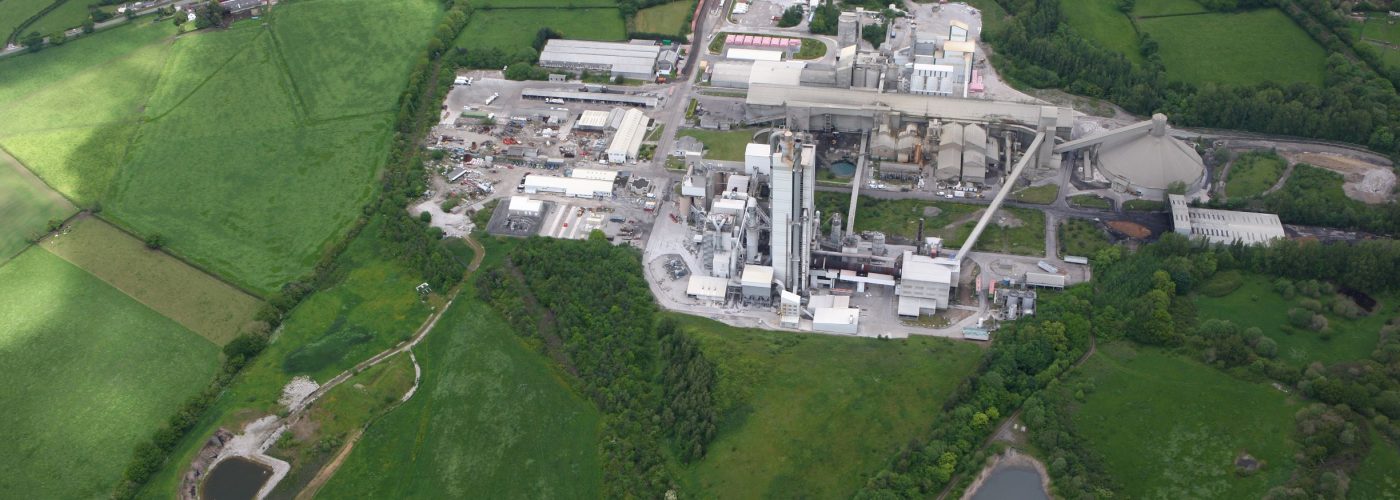Hanson has become a partner in the HyNet North West consortium, which aims to create the world’s first low carbon industrial cluster.
The proposed hydrogen and carbon capture and storage (CCS) project will play a critical role in the UK’s transition to net zero greenhouse gas emissions by 2050 and the fight against climate change.
The region HyNet North West covers – which stretches from Flintshire and Wrexham, through Cheshire, Liverpool and Greater Manchester into Lancashire – has the largest concentration of advanced manufacturing and chemical production in the UK, including Hanson’s Padeswood cement works, near Mold, Flintshire.
The project will reduce regional CO2 emissions by up to 10 million tonnes – including 800,000 tonnes from Hanson’s Padeswood plant – every year by 2030; the equivalent of taking four million cars off the road.
“Our involvement in the HyNet North West project is the latest example of our commitment to cutting CO2 emissions,” said Simon Willis, Hanson CEO.
“CCS at our cement plants will be a key part of our roadmap to achieve net zero carbon by 2050. The first step would be for us to carry out a feasibility study, this would give us a clear design basis and cost estimate for a capture plant and connection to the planned HyNet North West CO2 network and storage system.”
The UK Government recognises the decarbonising of industrial clusters as an essential part of the journey to net zero, as described in its 10 Point Plan for a Green Industrial Revolution. HyNet North
West will deliver 80 per cent of the national target of 5GW of hydrogen production, 100 per cent, of the national target for CCS capacity by 2030, and a hydrogen town.
The HyNet North West project also includes production, storage and distribution of low carbon hydrogen, which will help to decarbonise other industries whose CO2 emissions primarily come from fossil fuels. The project, led by Progressive Energy, is being developed by a consortium of regionally located partners including Cadent, CF Fertilisers, Eni UK, Essar, INOVYN and the University of Chester as well as Hanson.
David Parkin, director of Progressive Energy and HyNet North West’s project director, said:
“We are extremely pleased to be joined by Hanson. The HyNet North West consortium is showing just what can happen when organisations come together with the common goal of rapid decarbonisation of a region and Hanson’s commitment to energy efficiency and carbon reduction at its cement plants, further strengthens this. Decarbonising the Padeswood plant will make a substantial contribution to emissions reductions in Wales and the UK as a whole.
“Taking carbon dioxide out of industrial processes, including cement production, is a key route for the UK to reach net zero by 2050. We have designed HyNet North West to be low risk, low cost and deliverable, largely using existing assets. This enables the project to begin decarbonising from as early as 2025 and to be expanded in the future.”
More information about HyNet North West can be found at www.hynet.co.uk





